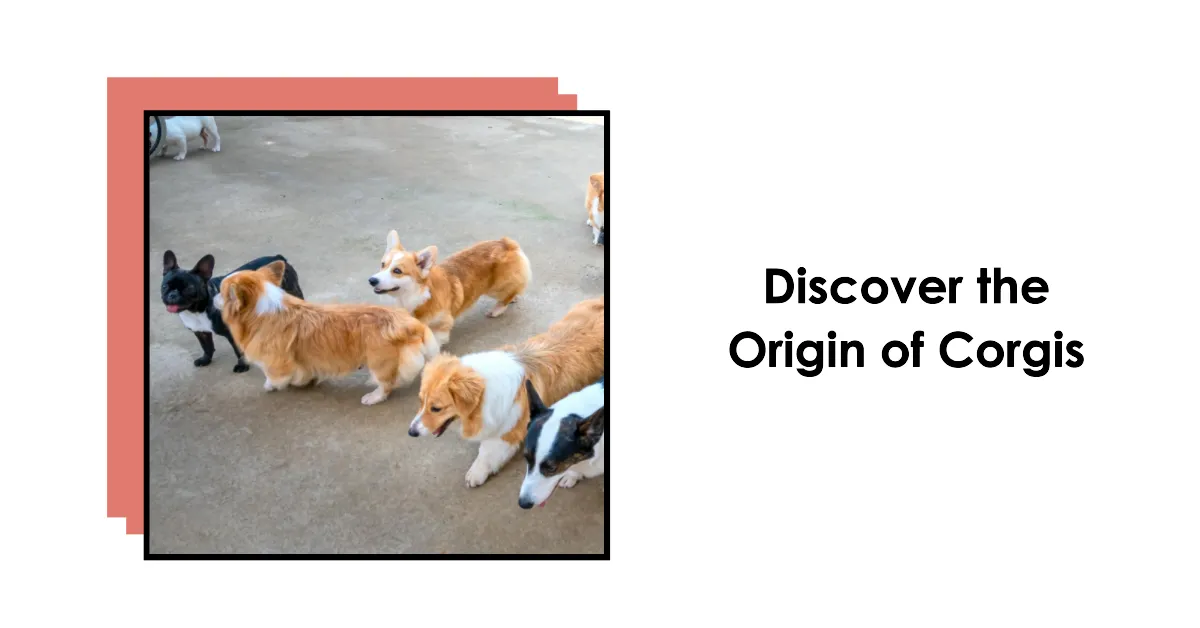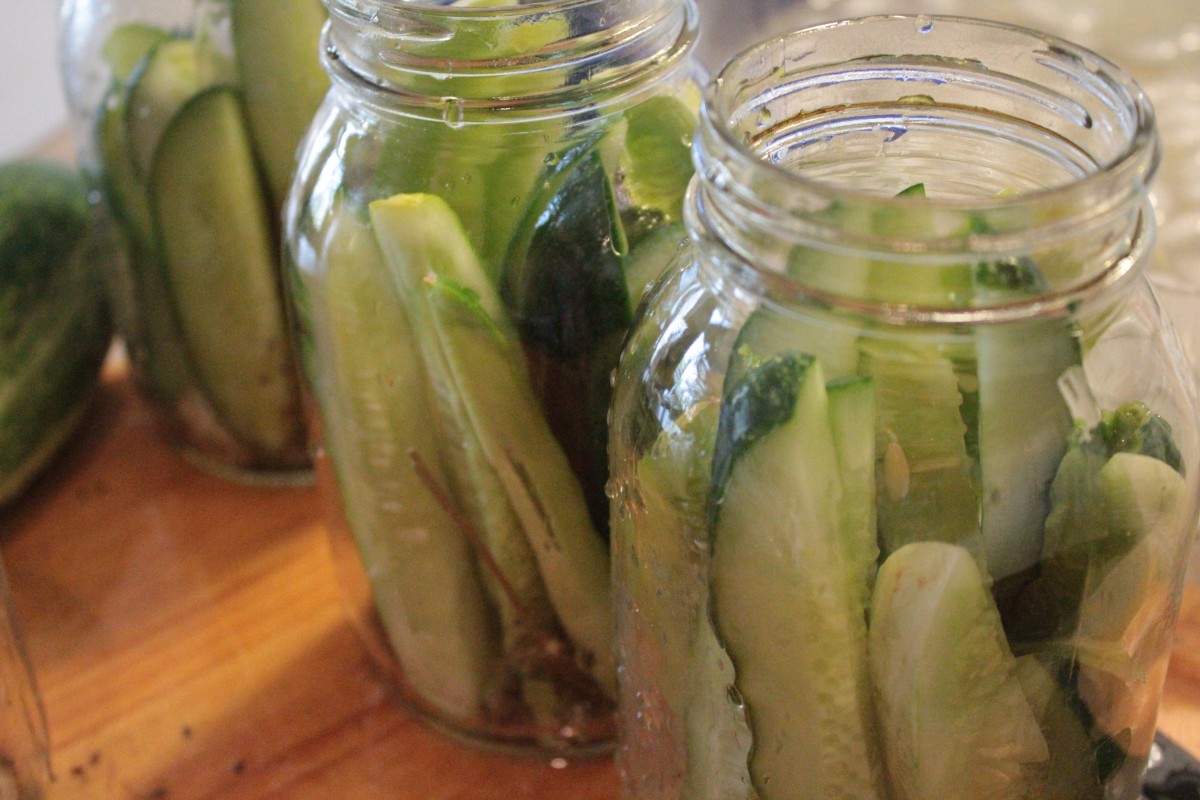Understanding Your Corgi Puppys Nutrition Needs

Hey there, Corgi puppy parent! Just like a race car needs premium fuel to perform at its best, your adorable Corgi puppy needs the right nutrition to grow up happy and healthy. Understanding your Corgi puppy's nutrition needs is key to giving them a great start in life.
In this guide, we'll delve into the importance of proper nutrition, the specific nutritional requirements for Corgi puppies, and how to choose the best puppy food for your furry friend. We'll also discuss establishing a feeding schedule and address common nutritional concerns you may encounter along the way.
With our helpful tips for maintaining a healthy diet, you'll have all the knowledge you need to ensure your Corgi puppy's well-being.
So, let's dive in and become nutrition-savvy together!
Importance of Proper Nutrition
To ensure optimal growth and health for your Corgi puppy, it's crucial that you provide them with a well-balanced and nutritious diet. Proper nutrition benefits your puppy in countless ways.
First and foremost, it strengthens their immune system, reducing the risk of illness and ensuring a longer, happier life. A diet rich in essential nutrients, such as proteins, vitamins, and minerals, supports the development of strong bones and muscles, allowing your puppy to thrive and stay active.
Moreover, a nutritious diet aids in maintaining a healthy weight, preventing obesity and related health issues. To ensure your Corgi puppy receives the right nutrients, follow the recommended nutritional guidelines provided by your veterinarian.
Nutritional Requirements for Corgi Puppies
To meet the nutritional requirements of your Corgi puppy, it's important to provide them with a balanced diet that supports their growth and development. During this crucial stage, their body is rapidly growing and requires specific nutrients to thrive.
It's essential to choose high-quality puppy food brands that are specifically formulated for Corgi puppies. These brands take into account the unique needs of Corgis, such as their tendency to gain weight easily. Look for brands that contain lean proteins, healthy fats, and a good balance of carbohydrates.
Additionally, ensure that the food is rich in essential vitamins and minerals like calcium, phosphorus, and omega-3 fatty acids, which are vital for healthy bone development and brain function.
Understanding Macronutrients for Corgis
When it comes to your Corgi's nutrition, understanding macronutrients is crucial.
Protein is essential for your pup's muscle development and growth, while carbohydrates provide the energy they need to stay active and playful.
Additionally, fats play a role in maintaining a healthy coat and skin.
Protein for Muscle Development
If you want your Corgi puppy to develop strong muscles, it's important that you provide them with an adequate amount of protein in their diet. Protein is essential for muscle growth and repair, and without it, your puppy may struggle to develop the strong muscles they need for a healthy and active life.
Here are three important things to keep in mind when it comes to protein for muscle development in your Corgi puppy:
- Opt for high-quality protein sources: Look for dog foods that contain real meat as the first ingredient, such as chicken, beef, or fish. These sources of protein are highly digestible and provide the essential amino acids needed for muscle development.
- Consider supplementing with muscle-building exercises: Along with a protein-rich diet, incorporating muscle-building exercises into your Corgi puppy's routine can help stimulate muscle growth. Activities like agility training, fetch, and swimming can all contribute to building strong muscles.
- Consult your veterinarian: Every puppy is unique, and their protein needs may vary. It's always a good idea to consult with your veterinarian to determine the right amount of protein for your Corgi puppy based on their age, weight, and activity level.
Carbs for Energy Levels
To ensure that your Corgi puppy has sufficient energy levels, it's important to understand the role of carbohydrates in their diet. Carbs are a vital source of energy for your furry friend, especially during exercise and playtime. They provide the fuel needed for your Corgi puppy to run, jump, and explore their surroundings.
Additionally, carbohydrates play a crucial role in their growth and development. They provide the necessary nutrients for the formation of healthy tissues and organs. However, it's important to choose the right type of carbohydrates for your Corgi puppy. Opt for complex carbs such as whole grains and vegetables, as they release energy slowly and promote stable blood sugar levels.
This will help your Corgi puppy stay energized throughout the day and support their overall health and well-being.
Fats for Healthy Coat
To maintain a healthy coat for your Corgi puppy, it's important to understand the role of fats in their diet. Healthy fats are essential for your puppy's skin and coat health. Here are three reasons why incorporating healthy fats, such as omega-3 fatty acids, into your Corgi's diet is beneficial:
- Improved Coat Condition: Omega-3 fatty acids help to nourish your puppy's skin and promote a shiny, lustrous coat. These fats are known to reduce dryness and itchiness, keeping your Corgi's coat healthy and vibrant.
- Reduced Inflammation: Omega-3 fatty acids have anti-inflammatory properties that can help alleviate skin conditions like allergies and dermatitis. By including these healthy fats in your puppy's diet, you can provide relief from itching, redness, and irritation.
- Enhanced Overall Health: Omega-3 fatty acids offer numerous health benefits beyond the coat. They support cardiovascular health, boost immune function, and aid in brain development. By ensuring your Corgi puppy receives adequate amounts of these healthy fats, you're promoting their overall well-being.
Choosing the Right Puppy Food
When selecting puppy food for your Corgi, it's important to consider their specific nutritional needs. Providing the right nutrients from the start is crucial for their healthy growth and development. Nutritional supplements for puppies can be beneficial, but it's important to consult with your veterinarian before introducing any additional supplements. They can guide you on the appropriate dosage and help you choose the best options for your puppy's needs.
While some pet owners prefer homemade puppy food recipes, it's essential to ensure they're nutritionally balanced. Homemade diets may lack certain nutrients, leading to deficiencies or imbalances. If you choose to go this route, work with a veterinary nutritionist to create a well-rounded meal plan for your Corgi puppy. They can help you choose the right ingredients and ensure that your homemade food meets all the necessary nutritional requirements.
Establishing a Feeding Schedule
Now that you've chosen the right puppy food, it's important to establish a feeding schedule for your corgi puppy.
First, you'll need to determine the ideal meal times that work for both of you.
Secondly, you should consider portion control tips to ensure your puppy is getting the right amount of food.
Lastly, consistency is key when it comes to feeding your puppy, so sticking to a schedule will help them establish a routine and maintain a healthy appetite.
Ideal Meal Times
For optimal nutrition and overall well-being, it's important to establish a regular feeding schedule for your Corgi puppy. By following a consistent mealtime routine, you can ensure that your furry friend receives the right amount of nutrients at the right times.
Here are the key benefits of a Draft feeding:
- Maintains a healthy metabolism: Feeding your Corgi puppy at regular intervals helps regulate their metabolism, preventing overeating or underfeeding.
- Establishes a routine: Dogs thrive on routine, and having a predictable mealtime can provide them with a sense of security and stability.
- Better digestion: Draft feeding allows for proper digestion as your puppy's body can anticipate mealtime, leading to healthier bowel movements and preventing digestive issues.
To establish an ideal meal frequency, consult with your veterinarian to determine the appropriate number of meals per day based on your puppy's age, size, and activity level. Remember to divide their daily recommended amount of food into equal portions and feed them at consistent times to maintain a healthy feeding routine.
Portion Control Tips
To establish a feeding schedule and ensure proper portion control for your Corgi puppy, consider the following tips.
Portion control is essential for your puppy's health and well-being. By controlling the amount of food your Corgi consumes, you can prevent overeating and avoid weight-related issues.
One of the benefits of portion control is maintaining a healthy weight, which reduces the risk of obesity and associated health problems.
Start by determining the appropriate portion size for your puppy based on their age, weight, and activity level. Divide the daily recommended amount into two to three meals, spaced evenly throughout the day. This helps to regulate their metabolism and prevent hunger-induced behavior issues.
Remember to monitor their weight and adjust the portions accordingly.
Importance of Consistency
Establish a consistent feeding schedule for your Corgi puppy to ensure their nutritional needs are met. Consistency benefits your puppy in several ways and helps maintain a routine that promotes their overall health and well-being.
Here's why establishing a feeding schedule is so important:
- Promotes Digestive Health: Regular meal times allow your puppy's digestive system to function properly. This helps prevent stomach upset, bloating, and other digestive issues.
- Prevents Overfeeding: A consistent feeding schedule helps you control portion sizes and prevents overfeeding. This is crucial for preventing obesity, which can lead to various health problems in Corgis.
- Training Aid: By feeding your puppy at the same times every day, you can incorporate mealtime into their training routine. This reinforces discipline and helps establish a strong bond between you and your furry friend.
Common Nutritional Concerns for Corgi Puppies
One important concern to address when feeding your Corgi puppy is the appropriate amount of protein they need in their diet.
Protein is essential for your puppy's healthy growth and development. Without enough protein, your Corgi may experience nutritional deficiencies, leading to stunted growth and weakened immune system.
To ensure your puppy gets enough protein, choose a high-quality puppy food specifically formulated for Corgis. Look for a brand that lists a quality source of animal protein, like chicken or fish, as the first ingredient.
It's also important to consider your puppy's growth rate and adjust their food intake accordingly. Overfeeding can lead to obesity, which puts strain on their joints and increases the risk of other health issues.
Tips for Maintaining a Healthy Diet
Maintain a healthy diet for your Corgi puppy by incorporating exercise and portion control. Ensuring your furry friend receives the right nutrition is essential for their overall well-being. Here are some tips to help you maintain a healthy diet for your Corgi puppy:
- Healthy treat options: Choose treats that are specifically made for puppies and are low in calories. Avoid treats that contain artificial additives or excessive amounts of sugar.
- Special dietary considerations: Corgis are prone to weight gain, so it's important to monitor their calorie intake and adjust their diet accordingly. Consult with your veterinarian to determine the appropriate amount of food for your puppy's age, weight, and activity level.
- Portion control: Use a measuring cup to accurately portion your puppy's meals. Avoid free-feeding and stick to a regular feeding schedule to prevent overeating.
Frequently Asked Questions
What Are Some Common Health Issues That Can Arise From Improper Nutrition in Corgi Puppies?
Improper nutrition in corgi puppies can lead to health risks and nutritional deficiencies. It's important to understand the potential issues that can arise, so you can ensure the safety and well-being of your furry friend.
Can Corgi Puppies Be Fed a Raw Food Diet?
Yes, you can feed your corgi puppy a raw food diet. It has pros like healthier skin and coat, but there are cons too, like the risk of bacterial infection. Transition slowly, follow feeding guidelines, control portions, and feed them meals frequently.
How Often Should I Feed My Corgi Puppy to Ensure They Are Getting Enough Nutrients?
To ensure your corgi puppy gets enough nutrients, establish a feeding schedule. Feed them multiple times a day, considering their age and size. Consulting a vet is crucial to meet their specific nutritional requirements.
Are There Any Specific Food Allergies or Sensitivities That Corgi Puppies May Have?
Food allergies and sensitivities are important to consider when feeding your corgi puppy. Understanding their specific dietary needs and nutritional requirements will help you keep them safe and healthy.
What Are Some Signs That My Corgi Puppy May Not Be Getting the Right Nutrition?
If your corgi puppy isn't getting the right nutrition, there are signs to watch for. Look out for a dull coat, lack of energy, and digestive issues. A balanced diet is crucial for their growth and health.











